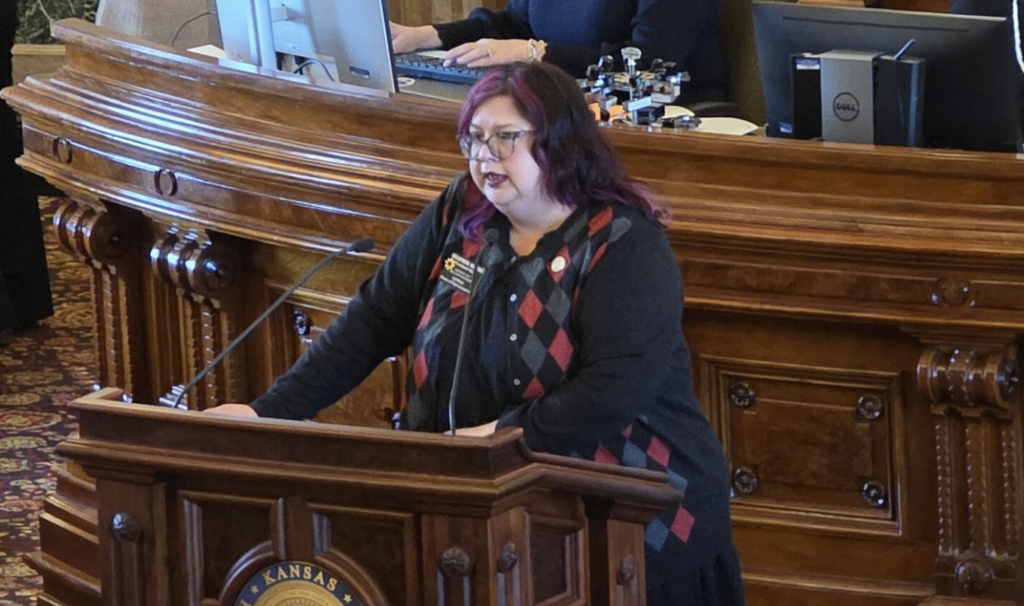DUI checkpoints in Kansas City are on their way out
 Somewhat overlooked amid the drama of this years’ preposterously dysfunctional, entirely Republican-controlled Missouri legislative session is a bill that would cut funding for DUI checkpoints in the state from $20 million to $1. As in: a single dollar. As in: no more money for checkpoints from the state.
Somewhat overlooked amid the drama of this years’ preposterously dysfunctional, entirely Republican-controlled Missouri legislative session is a bill that would cut funding for DUI checkpoints in the state from $20 million to $1. As in: a single dollar. As in: no more money for checkpoints from the state.
This is of particular significance for the Kansas City, Missouri, Police Department, which funds 100 percent of the checkpoints it conducts with state money.
The bill containing this language, HB 4, cleared the House and Senate last week. It is awaiting the signature of Governor Eric Greitens. KCPD is operating under the assumption that Greitens will sign it, and has begun planning accordingly.
“At this point, there are no future checkpoints planned for the rest of the year,” says KCPD Sergeant Chris Bentch, who serves as the DUI section supervisor. “Beyond that, I would say it depends on whether the legislature changes the law down the road.”
The constitutionality of checkpoints is a long-debated issue, and one The Pitch has previously covered.
The sponsor of HB 4, Rep. Scott Fitzpatrick (R-Cassville), says state money would be better spent on saturation patrols. That’s when an increased number of police cars flood an area known for drunk-driving incidents. Bentch says he’s been instructed to divert remaining checkpoint funds over to saturation patrols.
But Bentch also says preventing drunk driving requires a multi-pronged strategy. Checkpoints serve as a deterrent effect, for one, he says. They are also more efficient.
“We got 41 drunk drivers on St. Patrick’s Day,” Bentch says. “You can’t duplicate that scale with a saturation patrol. You’re looking for a needle in a haystack, and it takes hours just to process one person. With a checkpoint, we have a whole system that streamlines the process. It’s almost like an assembly line.”
Bentch adds: “You could give me four times as much money for saturation patrols and we still wouldn’t catch as many drunk drivers.”
MADD is also, uh, mad about the legislation. It notes that checkpoints reduce drunk driving fatalities by 20 percent, according to the Centers for Disease Control and Prevention.
“Why would legislators want to eliminate a drunk driving countermeasure that clearly is working?” asks Meghan Carter, executive director of MADD Missouri, in a release.
Over on the KC DUI Checkpoints Facebook page, which alerts its largely anti-checkpoint 55,000 followers to metro-area stops, the tone took a different slant.
“Did this page just become obsolete?” one commenter asked.




